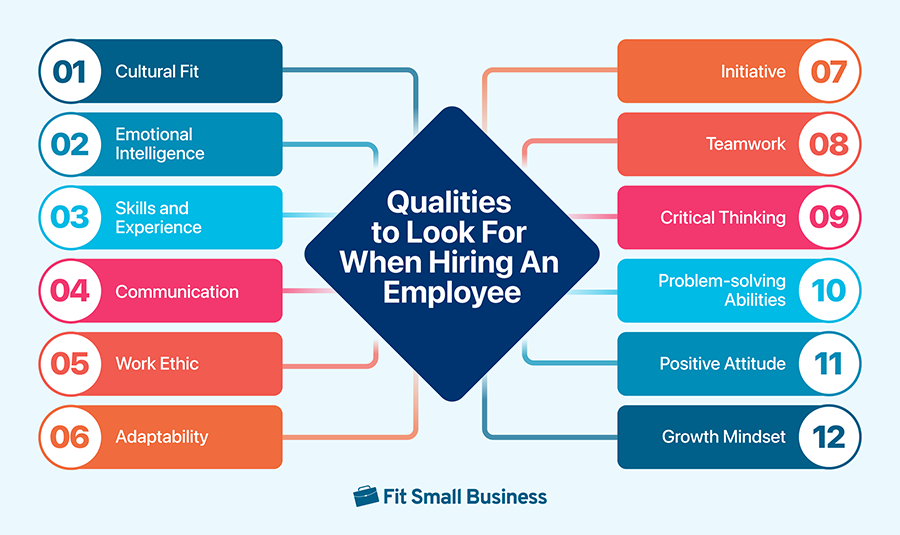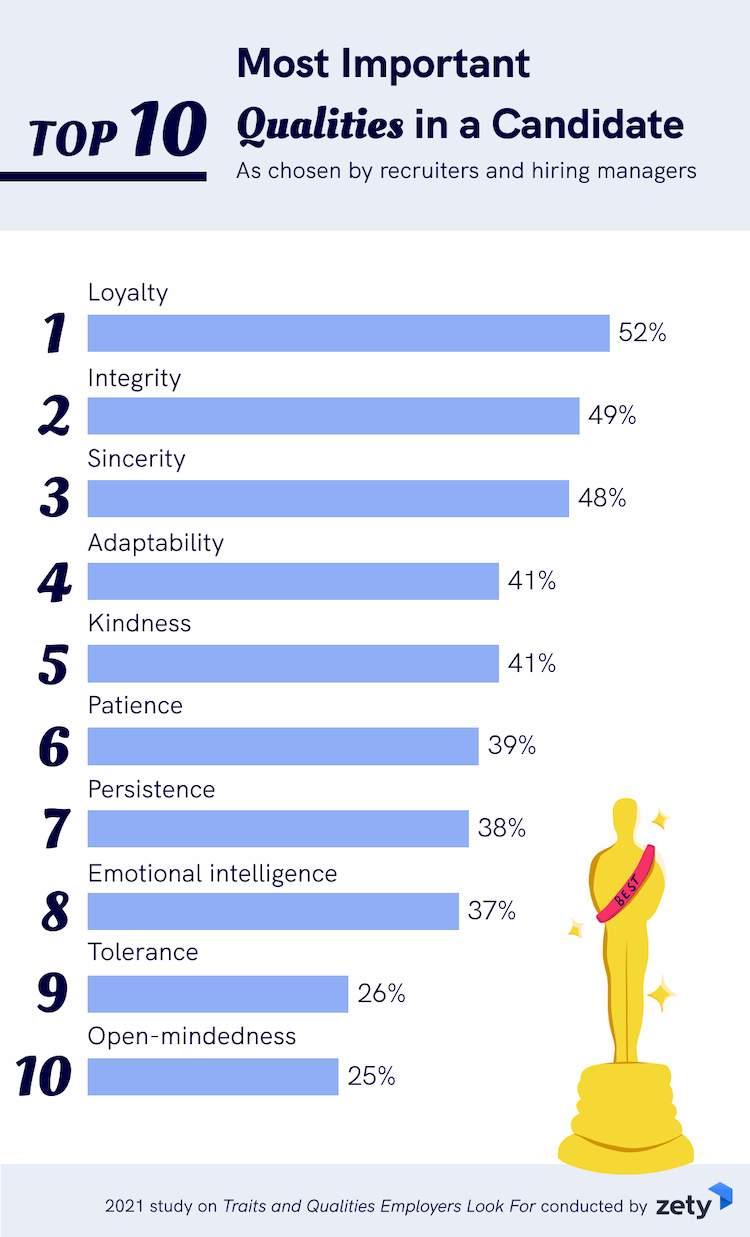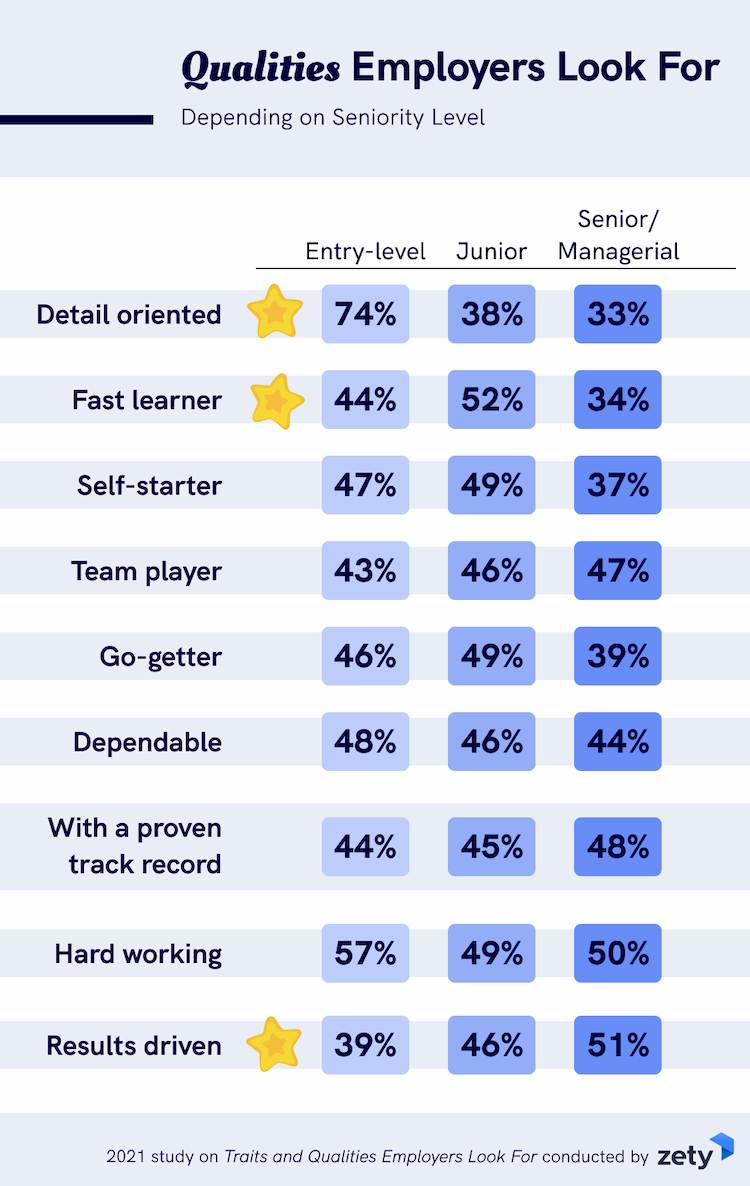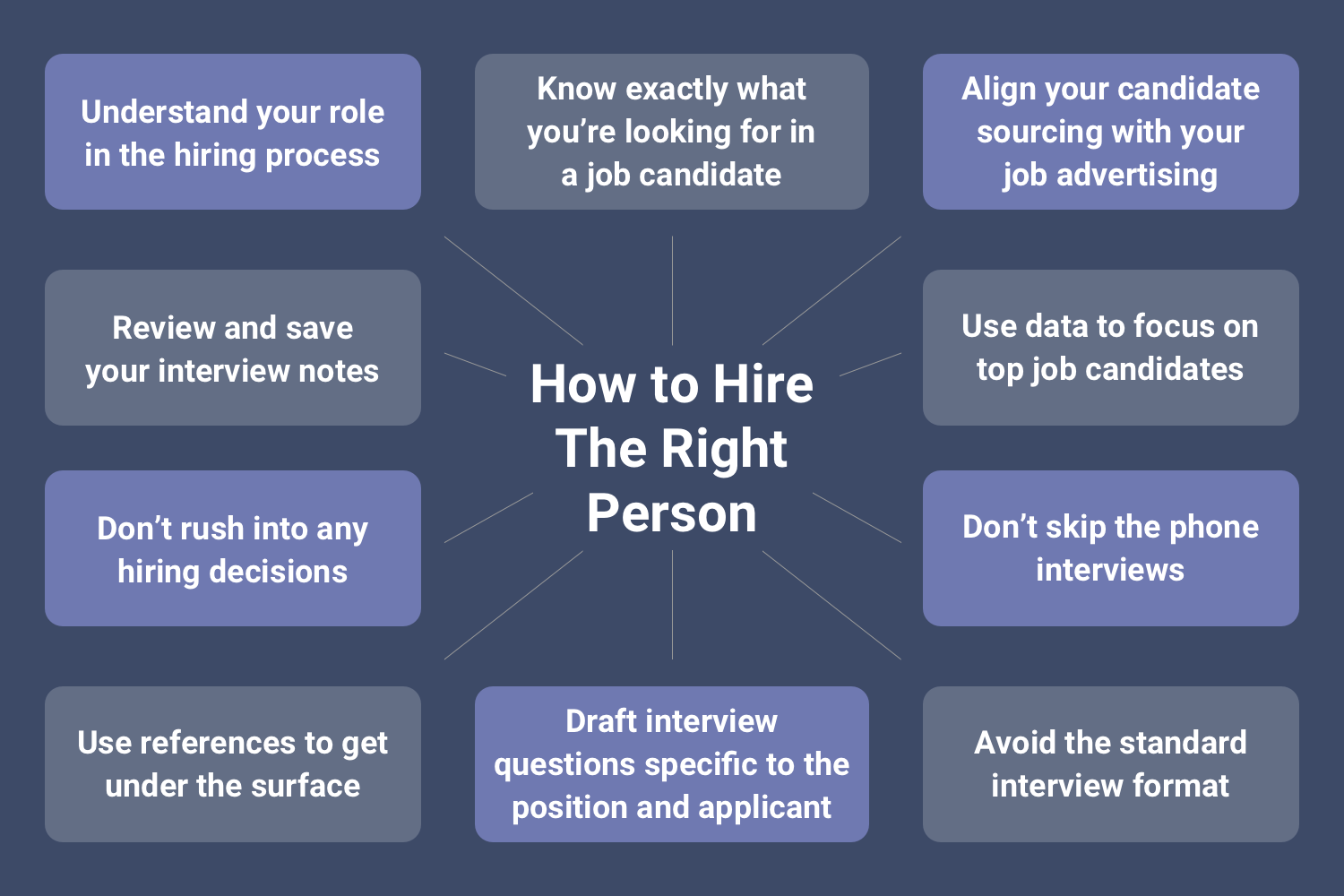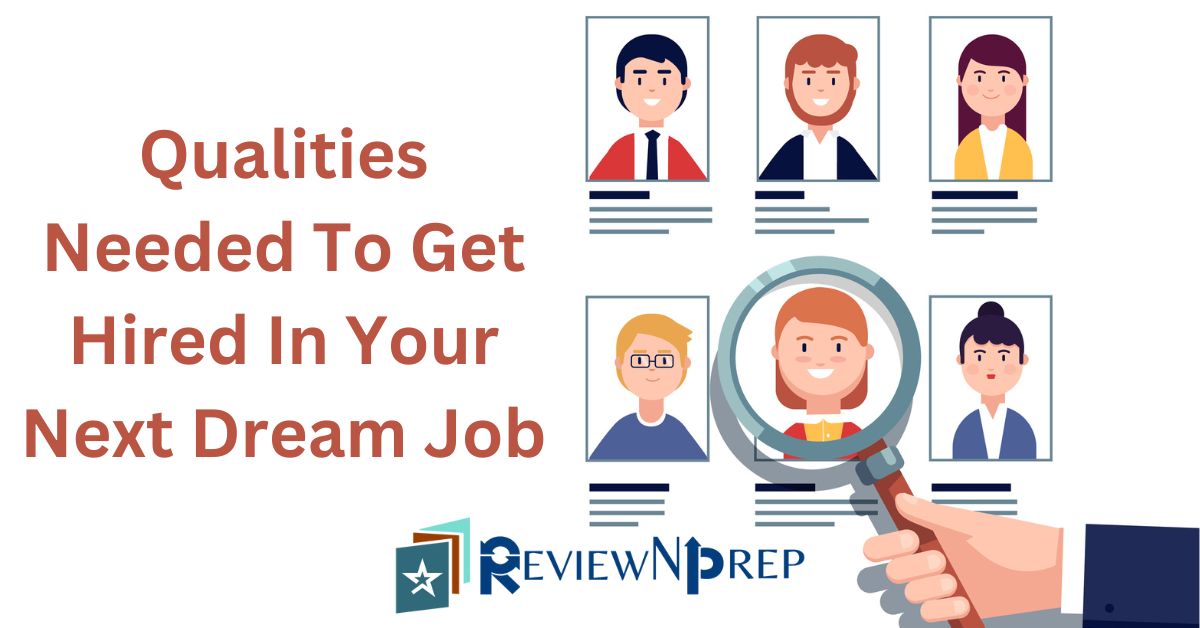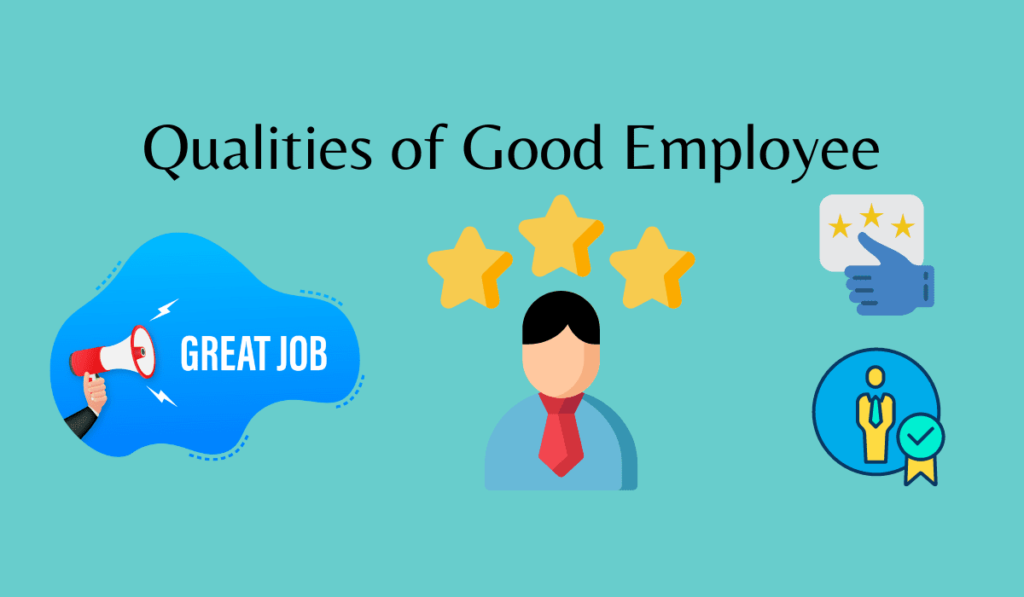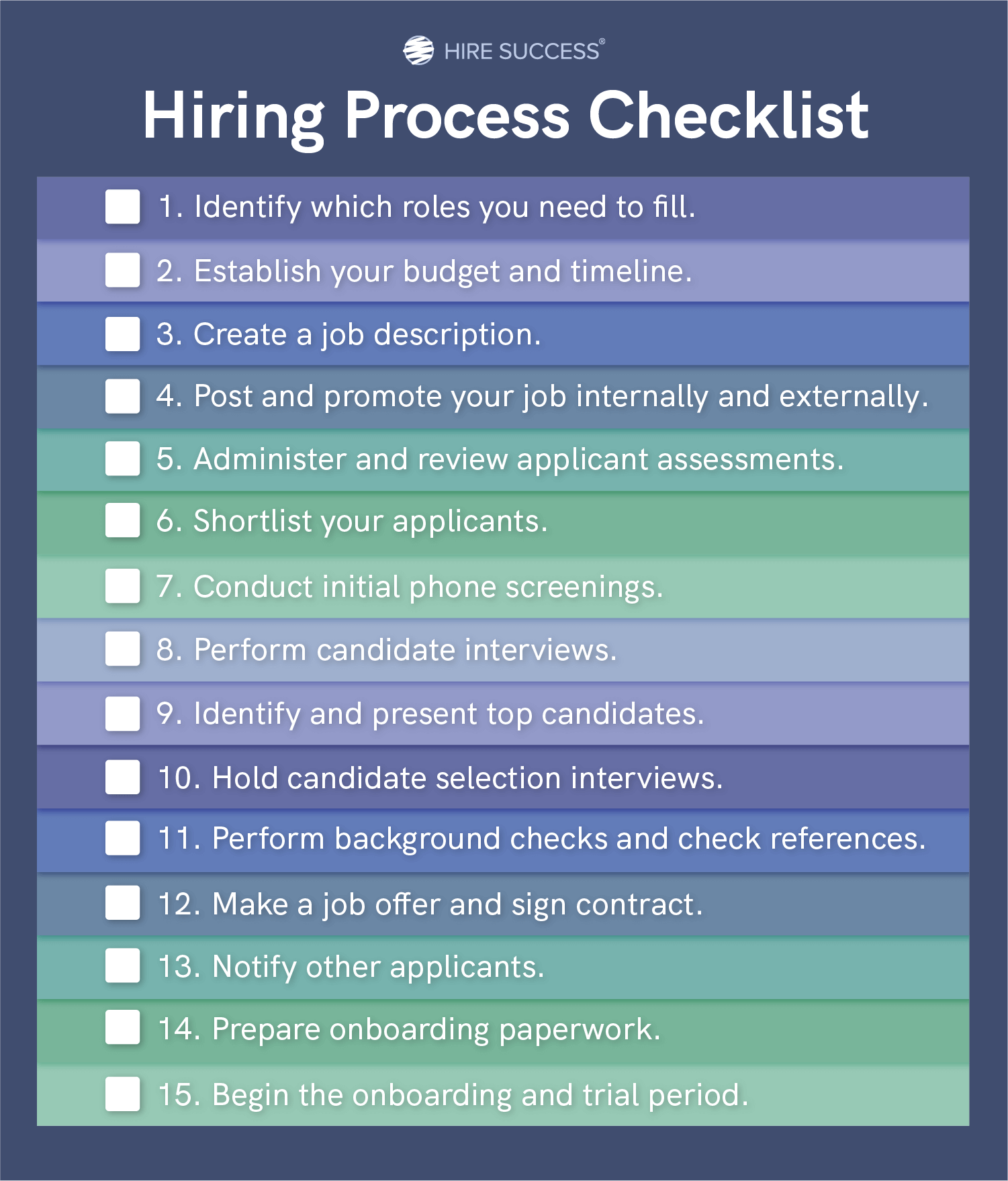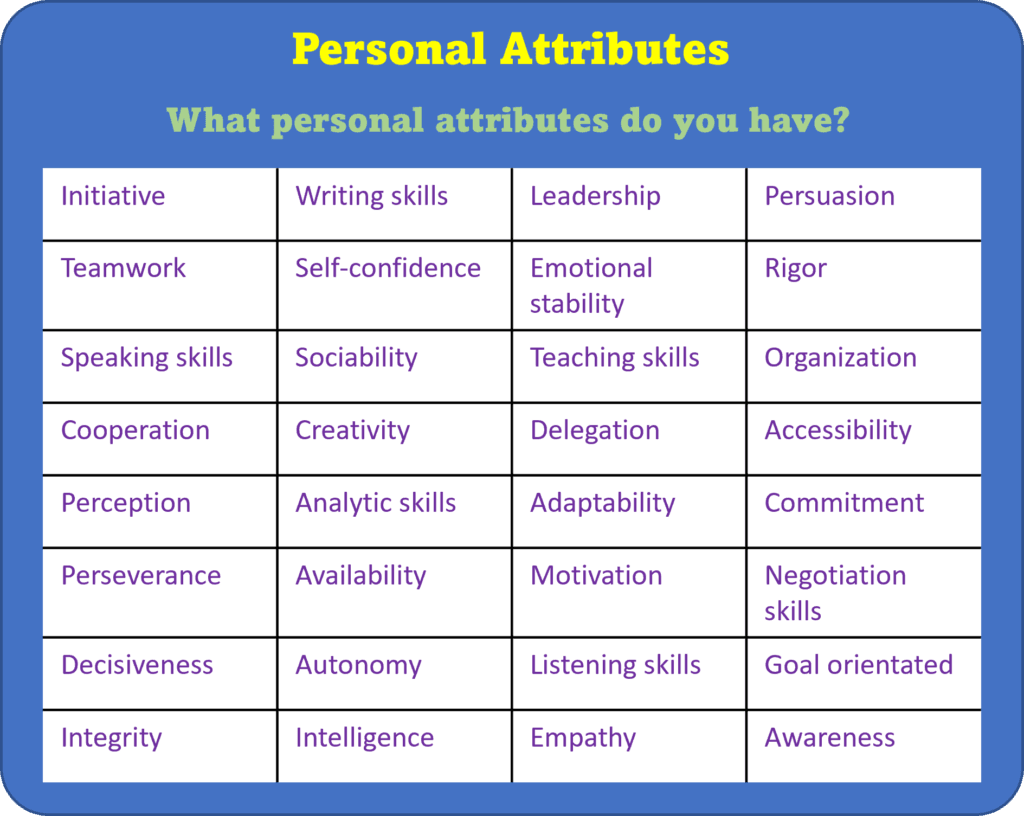Qualities To Look For When Hiring An Employee
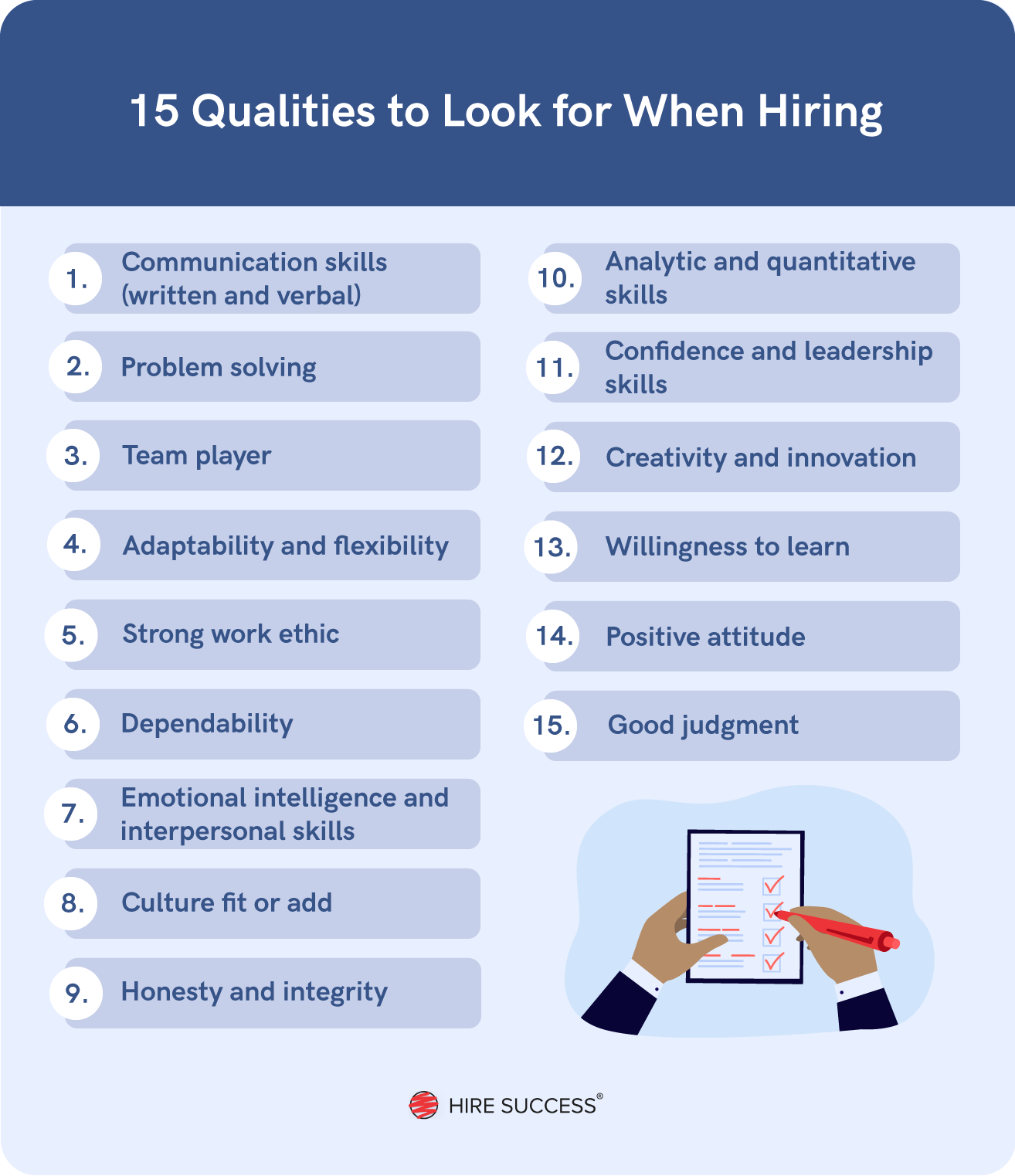
In today's competitive job market, finding the right employee can be the difference between success and stagnation for a company. Beyond the skills listed on a resume, certain qualities are increasingly valued by employers seeking to build strong and resilient teams.
This article explores the essential attributes hiring managers should prioritize, based on insights from industry experts and recent data on workplace trends.
Beyond the Resume: Identifying Key Attributes
The core question for employers is no longer just "Can this person do the job?" but rather, "Will this person thrive in our environment and contribute to our long-term goals?". This shift in perspective necessitates a deeper look at a candidate's inherent qualities.
Adaptability and Learning Agility
With technology and market demands constantly evolving, adaptability is paramount. According to a recent report by the World Economic Forum, "nearly half of workers will need reskilling by 2025."
Employers should assess a candidate's ability to learn new skills quickly and embrace change. Look for evidence of continuous learning, a willingness to experiment, and a positive attitude towards new challenges.
Communication and Collaboration
Effective communication, both written and verbal, remains a cornerstone of successful teamwork. The ability to clearly articulate ideas, actively listen, and provide constructive feedback is essential for fostering a collaborative environment.
Consider assessing candidates through group exercises or behavioral interview questions that probe their collaborative skills. Observe how they interact with others, handle disagreements, and contribute to shared goals.
Problem-Solving and Critical Thinking
Complex problems require innovative solutions. Employers need individuals who can analyze information critically, identify root causes, and develop effective strategies.
Presenting candidates with hypothetical scenarios or case studies can reveal their problem-solving approach. Look for evidence of logical reasoning, creativity, and a willingness to think outside the box.
Emotional Intelligence
Emotional intelligence (EQ), encompassing self-awareness, self-regulation, empathy, and social skills, is increasingly recognized as a crucial factor in workplace success. Individuals with high EQ are better equipped to navigate interpersonal relationships, manage stress, and build rapport with colleagues and clients.
Assess EQ through behavioral interview questions that explore how candidates have handled difficult situations, managed conflict, and demonstrated empathy. Look for signs of self-reflection and a genuine understanding of others' perspectives.
Resilience and Grit
Setbacks are inevitable. Employers seek individuals who can bounce back from adversity, learn from their mistakes, and persevere in the face of challenges.
Explore a candidate's past experiences with failure and how they responded. Look for evidence of resilience, a growth mindset, and a determination to overcome obstacles.
Cultural Fit and Values Alignment
While skills are important, a candidate's alignment with the company's culture and values is equally critical. A strong cultural fit fosters a sense of belonging, promotes collaboration, and enhances employee engagement.
Clearly articulate the company's values and culture during the interview process. Ask candidates questions that gauge their understanding of these values and how they align with their own beliefs and behaviors. Be upfront about your company's working style and expectations.
The Impact of Strategic Hiring
Focusing on these essential qualities during the hiring process can lead to a more engaged, productive, and resilient workforce. Companies that prioritize these attributes are better positioned to adapt to change, innovate, and achieve long-term success.
Investing in a thorough and thoughtful hiring process, focused on qualities beyond technical skills, is an investment in the future of the organization. By carefully evaluating candidates' adaptability, communication skills, problem-solving abilities, emotional intelligence, resilience, and cultural fit, employers can build teams that are not only capable but also thrive in a dynamic and ever-evolving world.
Ultimately, hiring is about finding individuals who can contribute not only to the bottom line but also to the overall success and well-being of the company.
